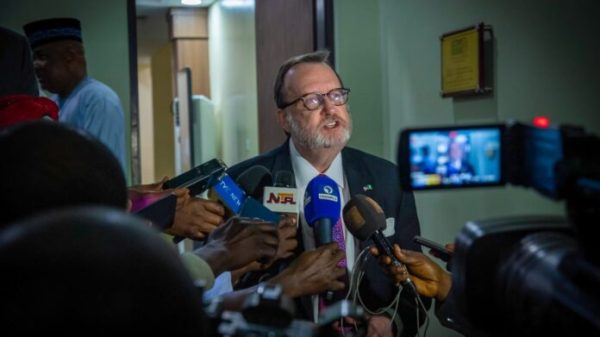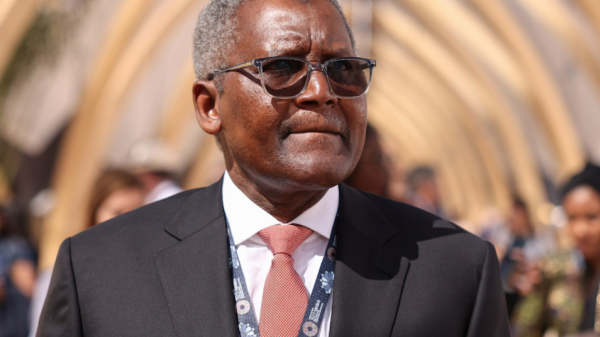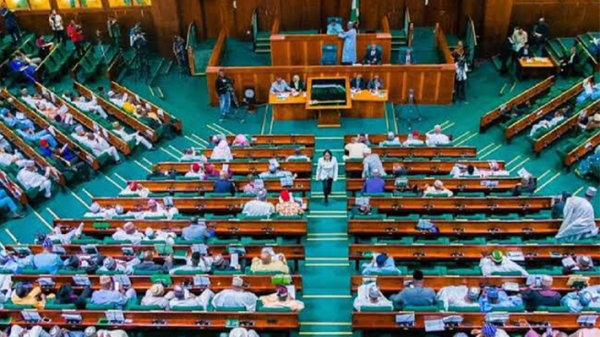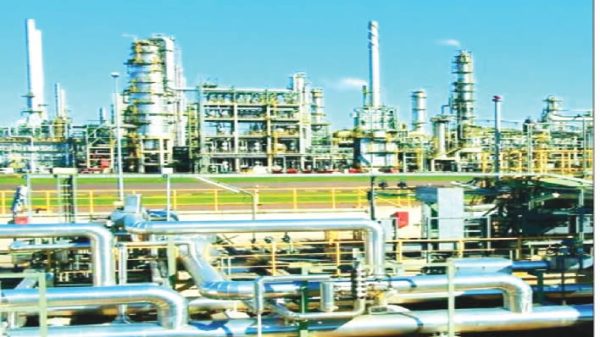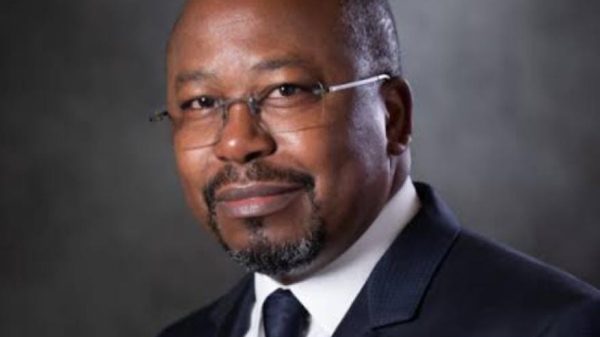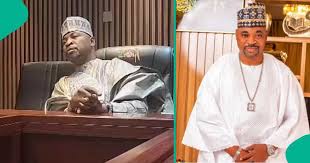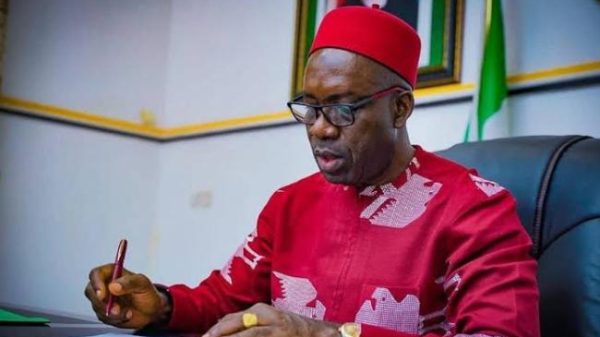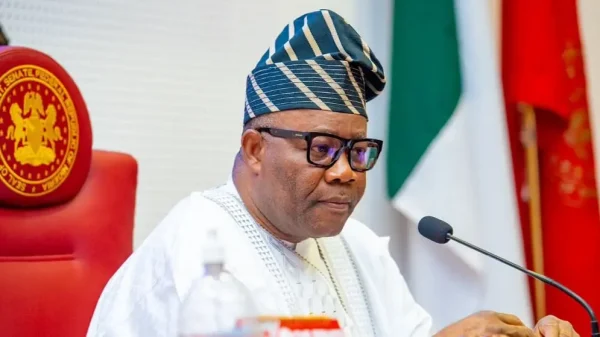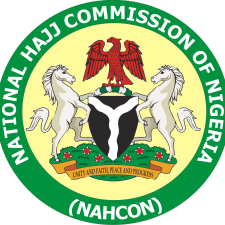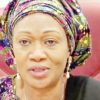Professor Ayoola Akinwole, Chairman of the Academic Staff Union of Universities (ASUU) at the University of Ibadan, has called on both federal and state governments to address ongoing conflicts affecting Nigeria’s education system. Speaking during the 556th inaugural lecture at the university, Akinwole emphasized the need for the government to tackle the concerns of students, workers, and the education sector itself.
Akinwole highlighted several key issues contributing to the unrest, including inadequate funding, poor infrastructure, outdated curricula, and allegations of corruption. He also pointed to rising tuition fees, deteriorating living conditions for students, and disputes over workers’ rights and salaries as major concerns.
“The insufficient allocation of resources has led to poor facilities and outdated curricula, while corruption and mismanagement further exacerbate the problem,” Akinwole said. “The increase in tuition fees has made education unaffordable for many students, and poor living conditions and inadequate support services for students are pressing issues.”
The ASUU leader also criticized government interference in university affairs and inconsistent policies that have led to high unemployment rates among graduates. Despite these challenges, Akinwole commended ASUU members for their resilience and courage in addressing these issues head-on.
In addition to discussing educational concerns, Akinwole presented a lecture on “Aquaculture Engineering: Reconciling the Balance in The Triad Of Fish, Plants And Man.” He stressed the importance of integrating engineering solutions with biological systems to enhance aquaculture practices, which he believes are crucial for food security, job creation, and income generation.
He urged governments at all levels to promote urban aquaculture through public awareness and community education, emphasizing the need for best management practices to minimize environmental impacts and ensure effective farming operations.
Akinwole also recommended a cooperative approach for small-scale aquaponics and integrated aquaculture systems, which he believes would improve technology suitability for local production and reduce barriers to entry for individuals.
The call for increased investment and better management in the education sector and aquaculture highlights the urgent need for comprehensive policy reforms to address Nigeria’s critical challenges in these areas.














